By his own admission, Isambard Wilkinson’s memoir of his experiences in Pakistan a decade ago as a foreign correspondent has taken ‘criminally’ long to write. A litany of thanks to assorted individuals in his acknowledgements is testimony to the book’s painful gestation. Perhaps the most surprising is to his brother, Chev, ‘who is missing a vital organ on my account’. Reading Wilkinson’s narrative, which is both humorous and poig-nant, the reason is clear. From an early age he suffered kidney failure requiring a kidney transplant; but dire predictions of the disease, which might leave him bound for life to a dialysis machine, did not prevent him from being ‘internationally curious’.
That his destination became Pakistan had its origins in his youth. In the wake of Partition and Independence in the subcontinent in 1947, his grandmother, whose family had lived in India since the 19th century, had returned to her home in Ireland. But, as with many families who have spent a lifetime in South Asia, the relationship continued; not only did her house contain ornaments and memorabilia of her previous life, but her friend, an affluent Begum of Lahore, came regularly to stay in Ireland while his grandmother returned as regularly to Pakistan. As a young boy Wilkinson became enthralled with the exotic images these reunions evoked, finding himself ‘experiencing nostalgia for a place I’d never known’. A turning-point came in the 1990s when, aged 18, his grandmother asked him to accompany her to the wedding of the Begum’s youngest son in Lahore.
A decade later, now working as a correspondent for the Daily Telegraph, Wilkinson returned to Pakistan, putting his ambition to be a frontline journalist into operative gear despite his less than robust health. As he rightly realised, in the 2000s ‘Pakistan was News’. Arriving in Islamabad in 2006, among other events he witnessed were the siege of the Red Mosque, when, under President Musharraf’s authority, special forces stormed the mosque where suspected militants had been operating in the heart of the country’s capital; the lawyers’ movement, when the country’s lawyers assembled en masse to protest against Musharraf’s dismissal of the chief justice of the Supreme Court; the return of former prime minister Benazir Bhutto followed by her assassination; and Musharraf’s replacement as president by Bhutto’s widower Asif Ali Zardari. In addition to reporting on political developments, and being briefly expelled for having written an article describing Musharraf as ‘our [i.e. the West’s] son of a bitch’, Wilkinson’s particular quest was looking for the ‘real’ Pakistan, characterised by the country’s mystic Sufist traditions, which led to exhaustive travels far beyond the normal ambit of a foreigner.
By writing a memoir of his experiences, Wilkinson is following in the footsteps of previous journalists who have gone to Pakistan and found themselves caught up in a country with which they develop a special affinity, their experiences later related in a travel-cum-political-chronicle. Notable forerunners in the 1980s are Emma Duncan’s Breaking the Curfew, and Christina Lamb’s Waiting for Allah; more academic in tone, Owen Bennett Jones’s Pakistan: Eye of the Storm and Anatol Lieven’s Pakistan: A Hard Country likewise give snapshot accounts of Pakistan’s mostly troubled history through personal experience and observation. What makes Wilkinson’s book instantly readable is its lack of sophistication, illustrated by his honesty about his own failings and of those around him. Although the names of the main players on the political scene are mentioned, he is careful to preserve the anonymity of others who might take offence or whose lives might perhaps be endangered by his revelations.
The portrait he paints of Pakistani society is vibrant and engaging, revealing contradictions which will be instantly recognisable to those who know Pakistan well. The wrangles between his cook, Basil, and his driver/housekeeper, Allah Ditta, whose intense patriotism is contrasted by his ignorance of where the capital is (‘I asked him to point on the map where we were. He tugged his beard, tilted his head and placed a finger some 400 miles from our current geographical position’); the search for alcohol; the logistics of getting out of the sterile capital to capture the ‘mad, bewitching, beloved parts of the country before they disappeared’ are all amusingly described. Even the arrival of the mango season, leaving his servants in ‘a sticky stupor’ as they gorged themselves on this incomparable fruit, gets a mention.
So while there is nothing revelatory about the descriptive history, the pleasure in reading this memoir is its authenticity. Added to this is the sympathy generated by Wilkinson’s personal struggle, culminating in his brother Chev’s donation of a kidney for a second transplant. Travels in a Dervish Cloak is a must read for anyone wanting to understand Pakistan at a level beyond drawing-room gossip or politico-religious rhetoric.
Got something to add? Join the discussion and comment below.
Get 10 issues for just $10
Subscribe to The Spectator Australia today for the next 10 magazine issues, plus full online access, for just $10.
You might disagree with half of it, but you’ll enjoy reading all of it. Try your first month for free, then just $2 a week for the remainder of your first year.


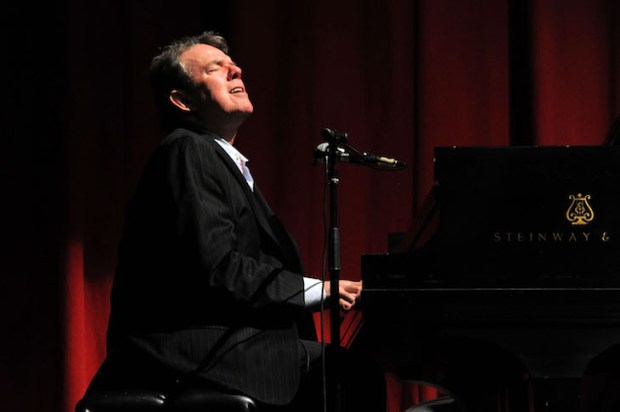
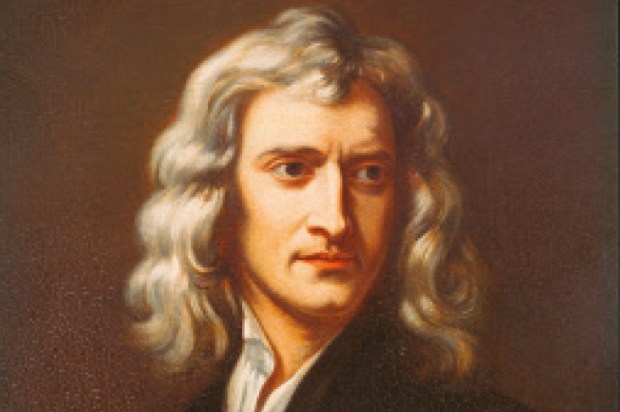
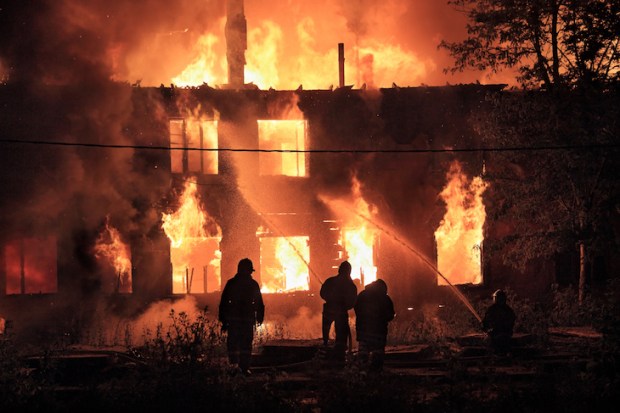
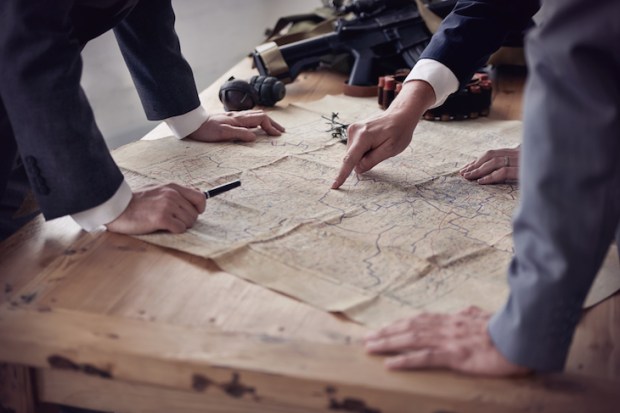
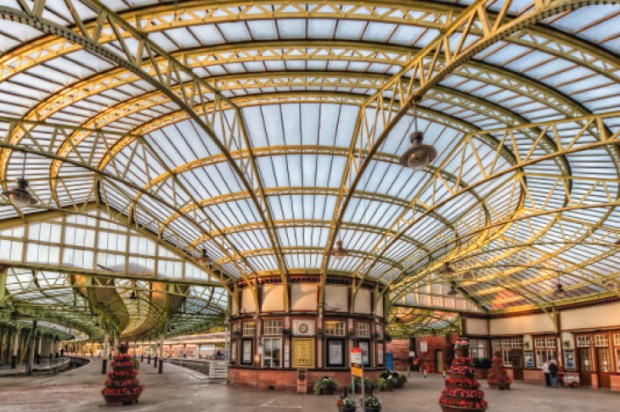
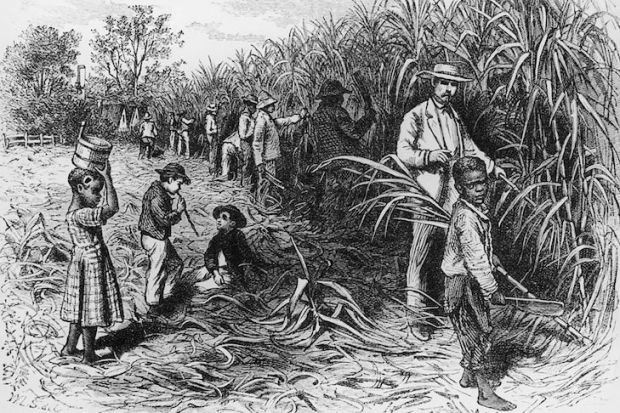






Comments
Don't miss out
Join the conversation with other Spectator Australia readers. Subscribe to leave a comment.
SUBSCRIBEAlready a subscriber? Log in